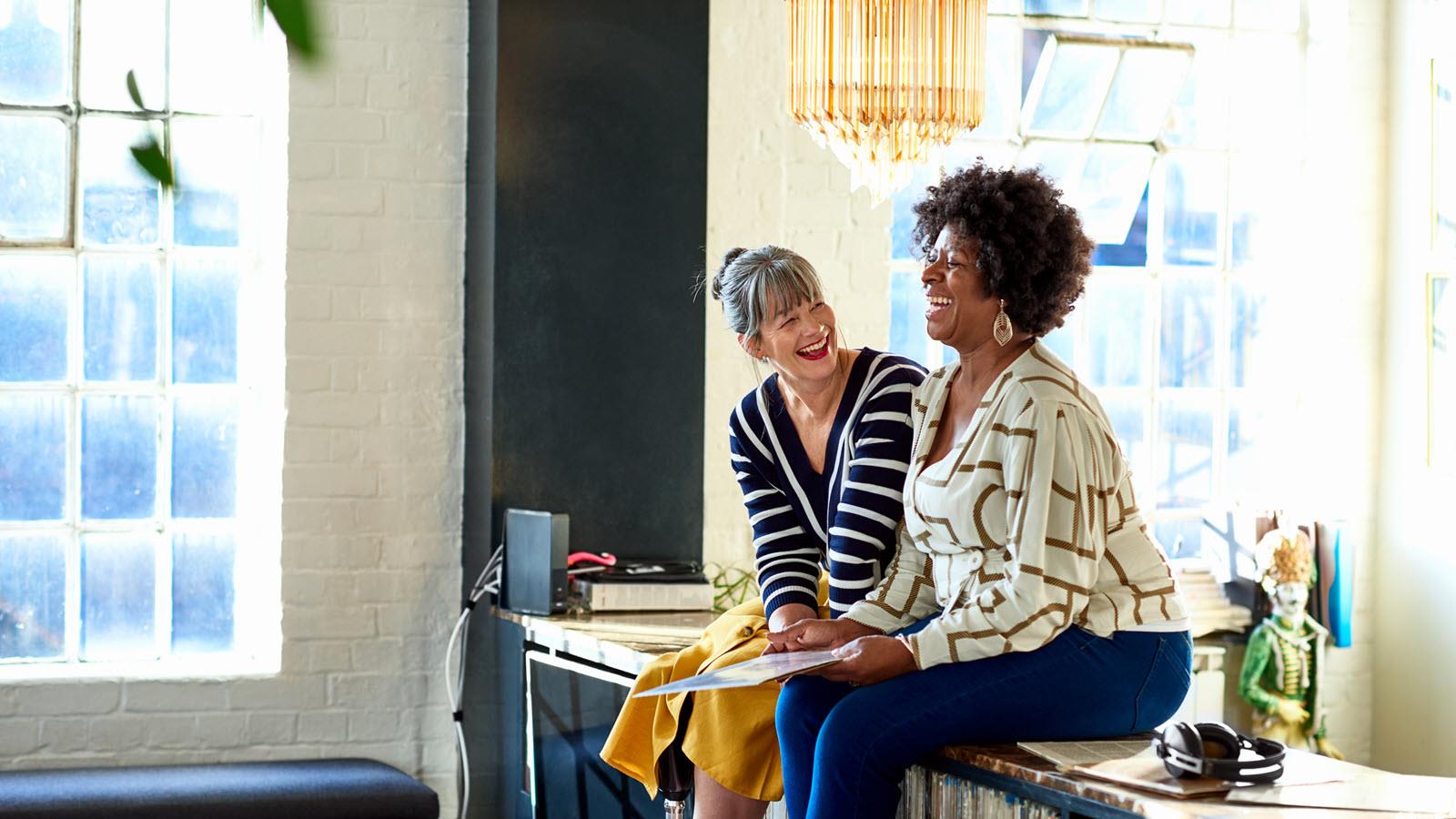Who are the most important people in your life? For many people, friends rank right up there with their spouse, parents and children.
That’s smart because friendships help create a full and satisfying life, plus they’re good for your health. One study found that being lonely could wreak as much havoc on a person’s health as smoking 15 cigarettes a day. And, according to another study, people who felt lonely reported more severe symptoms during common viral illnesses.
Unfortunately, an increasing number of Americans report they have few, or even no, close friends. That trend accelerated during the COVID-19 pandemic, when so many were socially isolated. Those who cope with rare and serious health conditions – especially the immunocompromised – know this all too well.
Even without the burden of a pandemic, patients with chronic conditions can encounter barriers to friendships. Not every friend will understand your disease or respond respectfully when you explain how it impacts your life. Illness or flare ups can cause last-minute cancellations and feelings of missing out.
The good news is you can always make a new friend or rekindle an old friendship that needs attention. In a New York Times interview, psychologist and friendship expert Marisa Franco says adults can boost friendships if they remember that:
- Platonic friendships are as important as romantic relationships.
- Friendships don’t happen organically, like they often do for kids. Adults need to be intentional and put in some effort.
It’s just tougher to make close friends after high school and college, said Licensed Clinical Social Worker Jodi Taub.
“Experiencing ‘firsts’ with friends during these key developmental time periods can create deep bonds,” she said. “There are fewer opportunities to make friends with common interests as you age due to work and daily life obligations.”
We should recognize that our friendships might change over time, Taub said. It’s OK to feel close or not so close to friends at different points in our lives. Keep friendships strong by making the effort, even in small ways like sending a text. A 2022 study found that people consistently undervalued how meaningful a simple message from a friend was.
And if rifts form, address them, Taub said. Talk with a friend if you’re feeling resentful or upset and give them the opportunity to heal the wound.
Friendships and Rare Disease
Those who manage rare diseases or other medical conditions might have trouble finding time for friendship maintenance when they’re also navigating medical appointments and coping with disabilities, Taub said.
“Living with a rare disease can change friendships, as your own sense of identity and priorities shift. Inherently, there will be times when you may feel misunderstood by friends, or disappointed in their level of support,” she said. “This can lead to feelings of isolation and a disconnect with friends who you may feel you no longer have common interests.”
Taub recommends focusing on things you’re already interested in, and trying to find others who share those interests. Joining a patient support group or Facebook group can also put you in contact with people who understand your experience. And when you do meet someone new, make sure to initiate a time to talk, text, or connect. We all appreciate when people are interested in us, Taub said.
Do you have a friend who has a serious or rare disease? Watch this animation for tips on being a supportive friend.



